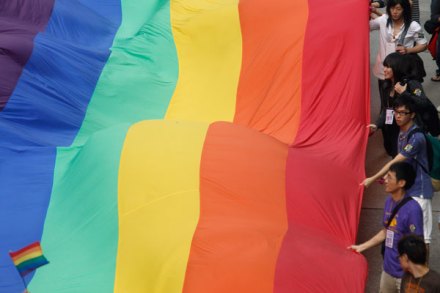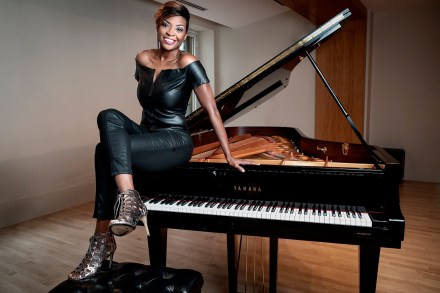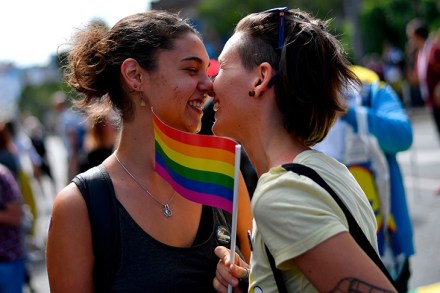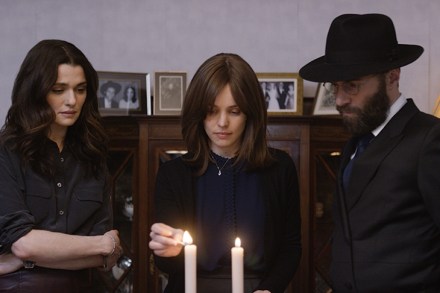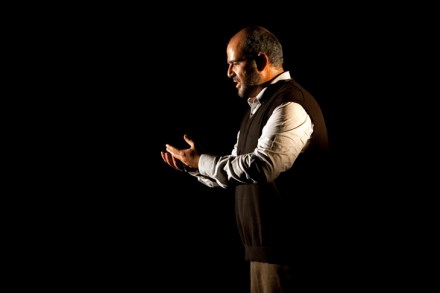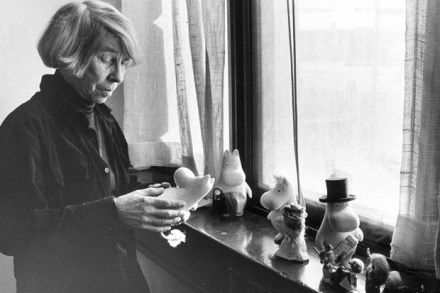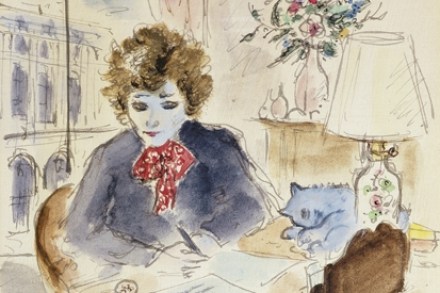Why are lesbians no longer welcome at Pride?
The lesbian group Get The L Out UK, founded to protest gender ideology and the pressure on same-sex attracted women to date trans women, joined Pride Cymru yesterday to make their voices heard amidst a sea of hostility. Ever since the trans movement decided that lesbians who reject sleeping with trans women are somehow morally deficient, same-sex attracted women have been harassed, defamed and abused in the name of trans equality. Get the L Out represent those old-fashioned lesbians that reject the penis and all that is attached to it. As a lesbian that came out in the Life on Mars days of the 1970s, when I was told, on
